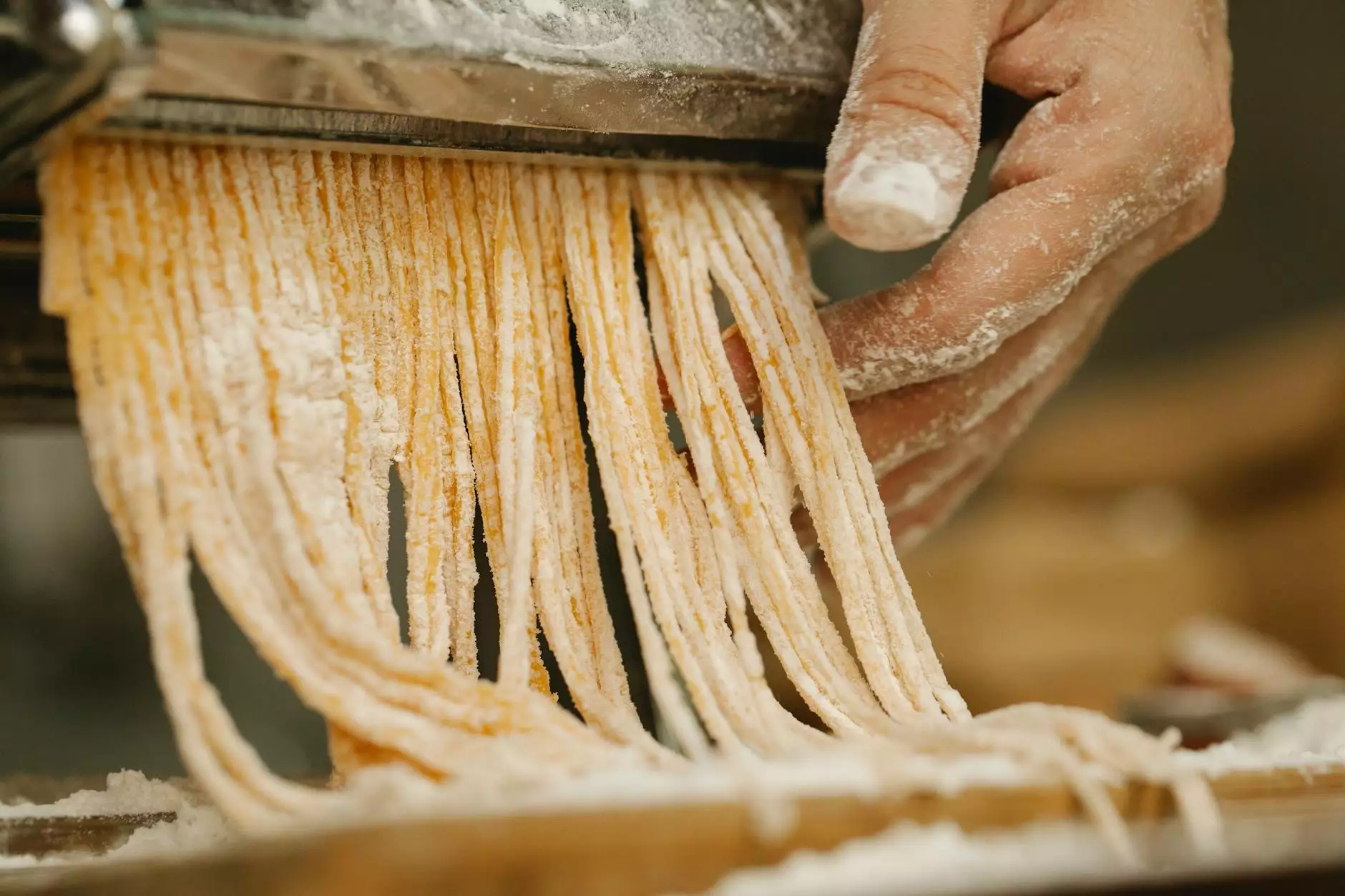The Essential Guide to China CNC Lathe Machining Parts Suppliers

In today's competitive manufacturing environment, sourcing quality parts efficiently can determine success or failure for many businesses. As companies increasingly look towards outsourcing, China CNC lathe machining parts suppliers have become a go-to option for organizations around the world. This article delves into the various facets of working with suppliers from China, the advantages they offer, and how to ensure you are partnering with the right one.
Understanding CNC Lathe Machining
CNC (Computer Numerical Control) lathe machining is a manufacturing process where pre-programmed computer software dictates the movement of factory tools and machinery. This process allows for the precise creation of intricate parts, often from a solid block of material, whether it be metal, plastic, or other substances.
CNC lathes are ideal for producing high volumes of components that require repetitive precision. The advancement in CNC technology has led to a significant reduction in labor costs and production time, making it a favorite choice for manufacturers globally.
Why Choose a China CNC Lathe Machining Parts Supplier?
The decision to partner with a China CNC lathe machining parts supplier can lead to several benefits:
- Cost-Effectiveness: Competitive pricing structures in China make it possible for businesses to save significantly on manufacturing costs.
- High Volume Production: Suppliers are equipped for mass production, which suits businesses with high order volumes.
- Advanced Technology: Many suppliers utilize cutting-edge CNC technology, ensuring high precision and quality.
- Diverse Capabilities: Chinese suppliers often provide a wide range of services beyond just machining, including custom fabrication and finishing.
Quality Assurance and Compliance Standards
When selecting a China CNC lathe machining parts supplier, quality assurance is paramount. Effective quality control ensures that the manufactured products meet the exact specifications and standards required by clients.
Key Quality Standards to Look For
- ISO Certification: Look for suppliers who are ISO certified; this indicates a commitment to quality management systems.
- Material Certifications: Ensure the materials used in production come with proper certification.
- Inspection Reports: Request inspection reports to verify the quality of delivered parts.
Additionally, many reputable CNC lathe machining parts suppliers conduct regular audits of their processes and continually seek improvements to stay competitive.
Navigating Language and Cultural Differences
Engaging with a supplier from China can present language barriers and cultural differences that may complicate communication. Here are some strategies to overcome these challenges:
- Hire a Translator: Consider engaging a professional translator to facilitate smoother communications.
- Clear Specifications: Always provide clear and detailed specifications in your communications to avoid misunderstandings.
- Regular Updates: Establish regular update meetings or calls to ensure all parties are aligned throughout the production process.
Building Strong Relationships with Your Supplier
A successful partnership with a China CNC lathe machining parts supplier hinges on effective communication and relationship management. Here are some steps to consider:
Effective Communication Strategies
- Openness: Maintain open lines of communication, addressing concerns promptly to build trust.
- Regular Feedback: Providing constructive feedback can help improve processes and outcomes.
- Long-term Engagement: Consider long-term contracts that can provide stability for both parties and facilitate better pricing and service.
Evaluating Supplier Performance
Before forming a long-term relationship with a China CNC lathe machining parts supplier, it's essential to evaluate their performance:
Key Performance Indicators (KPIs)
- Delivery Timeliness: Assess their ability to meet project deadlines consistently.
- Quality of Parts: Evaluate the quality of parts received against industry standards.
- Customer Service: Determine their responsiveness and willingness to solve problems as they arise.
Utilizing these KPIs can help mitigate risks when outsourcing manufacturing processes to overseas suppliers.
The Future of CNC Lathe Machining in China
The future of the CNC machining industry in China is promising, with emerging technologies such as artificial intelligence and machine learning beginning to integrate into traditional manufacturing processes. This transformation is likely to enhance productivity and precision, making China CNC lathe machining parts suppliers even more competitive in the global market.
Investments in Technology
- Automation: Many suppliers are investing heavily in automation to reduce lead times and improve product consistency.
- Research and Development: Ongoing R&D efforts are driving innovation in machining processes and materials.
- Sustainability Practices: A growing focus on sustainability is leading suppliers to adopt eco-friendly manufacturing practices.
Conclusion
Partnering with a China CNC lathe machining parts supplier presents an excellent opportunity for businesses looking to access high-quality components at competitive prices. By understanding the intricacies of CNC machining, ensuring quality standards, and building strong supplier relationships, organizations can seamlessly integrate these suppliers into their supply chains, paving the way for growth and success.
For more information and to explore supplier options, visit deepmould.net.









